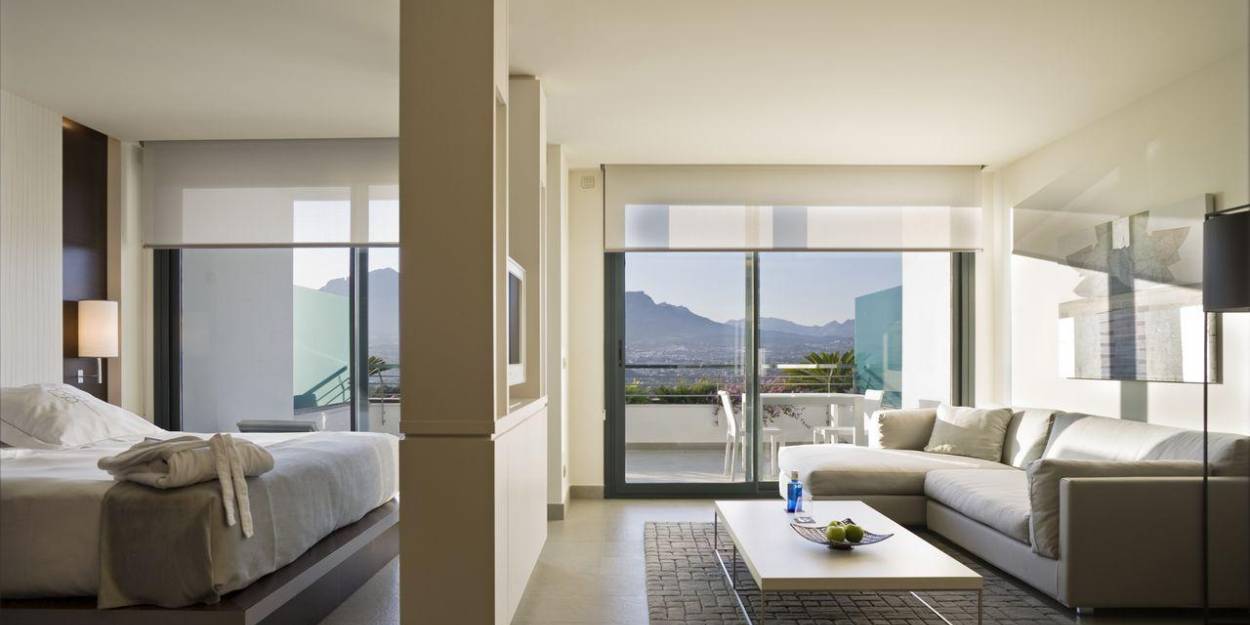Double glazed windows have become a staple in modern homes, prized for their ability to enhance energy efficiency and reduce noise pollution. However, when it comes to renovating or upgrading your home, the question arises: can you reuse double glazed windows? This article delves into various aspects of double glazed windows, their reusability, environmental impact, cost considerations, and more to provide a comprehensive guide for homeowners.
1. Understanding Double Glazed Windows
Double glazed windows are constructed with two panes of glass separated by a gap filled with either air or an insulating gas such as argon or krypton. This design significantly improves thermal insulation compared to single-pane windows by reducing heat transfer through windows.
2. Factors Affecting Reusability
The potential for reusing double glazed windows hinges on several factors, primarily the condition of the frames, seals, and glass panes. Over time, these components can deteriorate due to weather exposure or physical damage.
3. Reusing Frames and Glass
In cases where the frames are structurally sound and undamaged, they can often be reused. However, the glass panes may require replacement to ensure optimal energy efficiency and clarity.
4. Environmental Impact
Opting to reuse double glazed windows rather than replacing them outright can have positive environmental implications. It reduces the amount of waste going into landfills and minimizes the carbon footprint associated with manufacturing new windows.
5. Energy Efficiency Considerations
One of the primary motivations for installing double glazed windows is their superior energy efficiency. Reusing older windows may not provide the same level of insulation and energy savings as newer, more advanced models.
6. Retrofitting and Upgrading
Double glazed units can sometimes be retrofitted into existing window frames with modifications to ensure a snug fit and proper sealing. This approach can be cost-effective compared to completely replacing windows and frames.
7. Cost Considerations
While reusing frames can save on installation costs, homeowners should factor in the expense of replacing any damaged glass or seals. The overall cost-effectiveness depends on the extent of refurbishment required.
8. Compatibility with Modern Standards
Advancements in window technology continually raise the bar for energy efficiency and performance. Older double glazed windows may not meet current standards, prompting consideration of newer options for improved comfort and savings on utility bills.
9. Aesthetic and Design Preferences
Beyond functionality, homeowners often consider window replacements as an opportunity to enhance the aesthetic appeal of their homes. Newer window styles and features can complement modern interior and exterior designs.
10. Maintenance and Longevity
Newer double glazed windows typically require less maintenance than older units. They are often equipped with durable seals and coatings that resist moisture and prolong the window’s lifespan.
11. Sound Insulation
Double glazed windows excel at reducing external noise infiltration, creating a quieter and more comfortable indoor environment. Upgrading to newer models can further enhance soundproofing capabilities.
12. Thermal Insulation Benefits
The insulating properties of double glazed windows contribute significantly to maintaining indoor temperatures, reducing heat loss during colder months and minimizing heat gain in warmer weather. This thermal efficiency translates into lower heating and cooling costs over time.
13. Condensation Control
Improved seals and advanced glass coatings in newer double glazed windows help prevent condensation buildup. This not only improves visibility through the windows but also reduces the risk of mold growth and moisture-related damage to surrounding surfaces.
14. Professional Assessment
Before deciding on reusing double glazed windows, consulting with a professional installer or technician is advisable. They can assess the condition of existing windows, provide recommendations for refurbishment or replacement, and ensure compliance with local building codes.
15. Local Building Regulations
Building regulations vary by location and may dictate specific requirements for window installations, particularly concerning energy efficiency and safety standards. Adhering to these regulations ensures that homeowners avoid potential fines and ensure the longevity of their investment.
16. DIY vs. Professional Installation
While some homeowners may consider DIY window installation to save costs, the complexity of fitting double glazed units correctly and ensuring proper sealing typically requires professional expertise. This ensures optimal performance and longevity of the windows.
17. Eco-Friendly Alternatives
For environmentally conscious homeowners, recycling old windows or opting for sustainable materials in new installations can further reduce the ecological impact of home renovations. Many manufacturers now offer eco-friendly options that prioritize energy efficiency and recyclability.
18. Technological Advancements
Ongoing innovations in window materials and coatings continue to improve the performance and durability of double glazed windows. Staying informed about these advancements can guide homeowners in making informed decisions about window replacements.
19. Climate Considerations
The local climate plays a crucial role in determining the appropriate type of double glazed windows for a home. Factors such as temperature extremes, humidity levels, and exposure to wind and precipitation influence the performance and longevity of windows in different regions.
20. Future Trends in Double Glazing
Looking ahead, the future of double glazed windows promises even greater advancements in energy efficiency, durability, and aesthetic versatility. Emerging technologies and materials will likely offer homeowners more choices for enhancing both comfort and sustainability.
20. Future Trends in Double Glazing
Looking ahead, the future of double glazed windows promises even greater
advancements in energy efficiency, durability, and aesthetic versatility. Emerging
technologies and materials will likely offer homeowners more choices for enhancing both comfort and sustainability.
Conclusion
In conclusion, while reusing double glazing in glasgow can be a sustainable and cost-effective option for home renovations, several factors must be carefullyconsidered. These include the condition of existing windows, energy efficiency requirements, local building regulations, and the potential benefits of upgrading to newer models. Consulting with professionals ensures that homeowners make informed decisions that enhance both the comfort and value of their homes.
